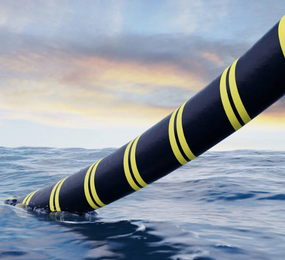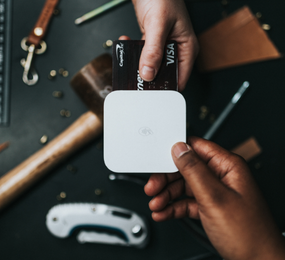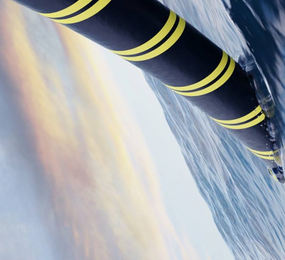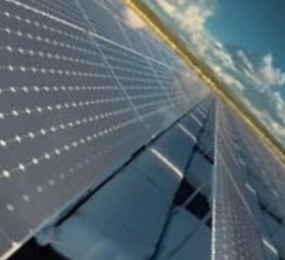Over the past 20 years, advances in therapeutic bioproduction have resulted in notable advancements in product yield, process control, and manufacturing security. Through process automation, "big data" and data analysis, process simulations, the industrial internet of things (IIoT), cybersecurity, the cloud, blockchain/serialisation, and additive manufacturing, industry 4.0 concepts have been embraced by the bioprocess industry and are improving bioprocess control. Such developments aid in ensuring that a process yields the same result each and every time.
Even process enhancements that necessitate process revalidation might be seen as generating risk in the highly regulated industry of biotherapeutics manufacture. The greatest danger, though, is missing out on an opportunity.
The existing innovation strategy for biotherapeutic manufacturing is ineffective and consistently ignores some needs. Fast, well-managed, simple-to-deploy, and mobile technologies may make biotherapeutics more widely available (and less expensive), but they are frequently not recognised as outweighing the risks. A better understanding of the risk frameworks created by innovation and radical solutions to current process bottlenecks could inspire and inform regulatory assessments.
Over the past two decades, and despite the challenges, significant innovations have been introduced in biomanufacturing Some of which are;.
-
Single-Use Bioreactors: In response to a need from the industry for more adaptability in manufacturing equipment, enhanced contamination-risk profiles, and designs for usage in multi product facilities, single-use (SU) bioreactors were introduced.
-
Process Analytics and Automation: PAT automation can help biomanufacturing overcome automation problems. With the increased use of disposable sensors, SU systems are also being employed for PAT. Prior restrictions on the preintegration of glass pH sensors into consumables, such as during pre-sterilization calibration, which helps to ensure sensor measurement accuracy, are eliminated by new SU probe and flow-cell pH sensors.
-
Continuous Manufacturing: With the introduction of perfusion systems in upstream processing/production, marking yet another significant innovation in bioprocessing, the trend toward improving process efficiency and control has enhanced continuous manufacturing (CM) operations. CM might significantly enhance the creation and development of biopharmaceuticals.
Join us on 28th - 29th March, 2023 for the International Bioprocessing and Biologics Forum, in Berlin, Germany as we leading industry experts discuss which business model will equip the next generation of radical innovators in bioproduction so you don't feel left out in the industry!
To register or learn more about the Forum please check here: https://bit.ly/3zxguXW
For more information and group participation, contact us: [email protected]
















